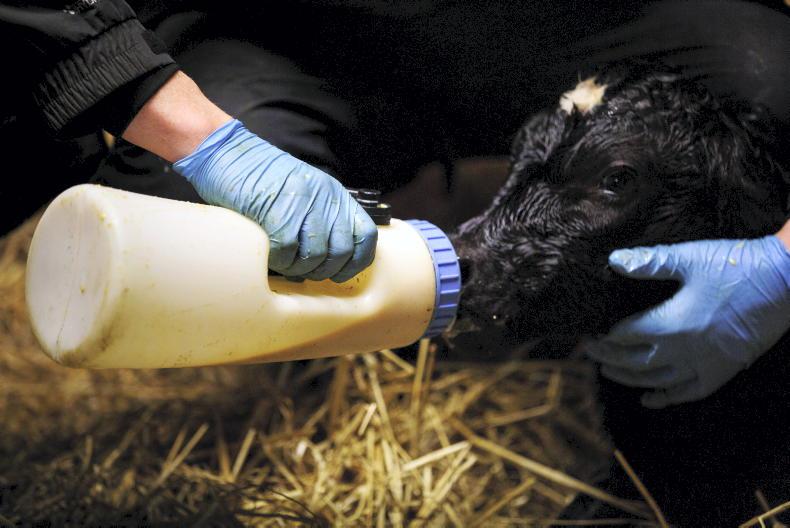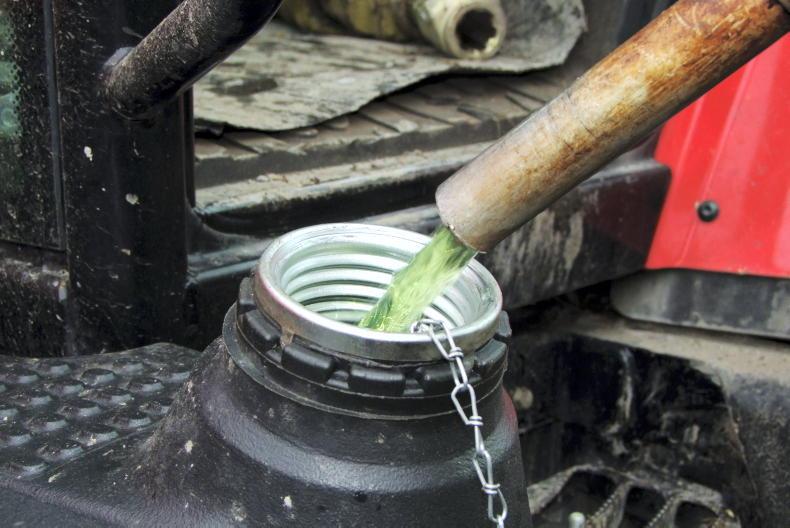The extension of a non-domestic energy support scheme to cover the horticulture, poultry and pig sectors has been ruled out by a UK government minister.
“Sadly, the farming sector does not meet the Energy and Trade Intensive Industries (ETII) eligibility criteria at the minute and is therefore not eligible to receive the targeted support,” said Andrew Bowie.
From April 2023, the current Energy Bill Relief Scheme will be replaced by less generous support for gas and electricity bills under the new Energy Bills Discount Scheme.
However, certain sectors of the economy that have high energy use will be eligible for additional support under the ETII scheme.
The extension of the ETII scheme to cover sectors of the horticulture and agriculture industries was a key ask by the UK farming unions ahead of last week’s Spring Budget.
Criteria
Speaking in Westminster on Tuesday, Bowie defended the current eligibility criteria for ETII, stating that the scheme was designed to only cover the highest energy use sectors in the economy.
“We have sought to be fair in applying the criteria rigorously and objectively. We do not have plans to extend the scope of eligible sectors to include farms,” he confirmed.
The Conservative MP was speaking during a debate on the issue organised by the DUP’s Carla Lockhart, who has been pressing for the scope of the ETII scheme to be extended to cover agricultural and horticultural businesses.
“It was a reasonable ask that the government should have listened to. I encourage him to look again at the definition and include farming in the intensive industries list,” the Upper Bann MP said.
Disappointed
Commenting on the Spring Budget, the Ulster Farmers’ Union (UFU) said it was “deeply disappointed” that ETII was not revised and suggested it would lead to a “major challenge” for local producers.
“The four UK farming unions jointly issued a letter to the Department for Energy Security and Net Zero highlighting that unless the scheme is amended to provide a higher level of relief, there could be a reduction in domestic food production,” said UFU deputy president John McLenaghan.










SHARING OPTIONS